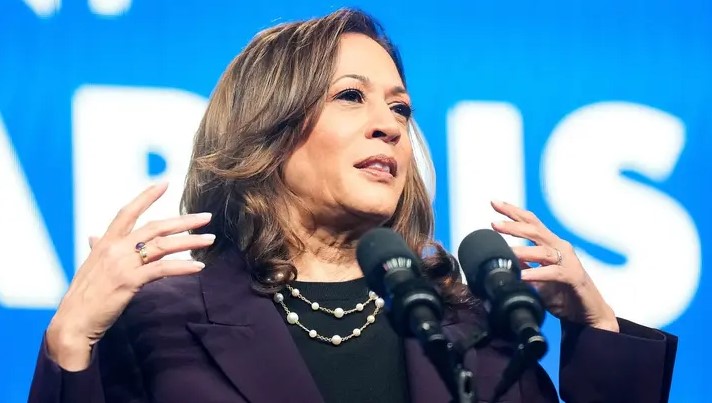Published by FOX Business | August 20, 2024
Experts weigh in on the Democratic nominee's ambitious plan for the U.S. building millions more homes over four years.
Vice President Kamala Harris is vowing to address the U.S. housing shortage with a plan she says will result in the construction of three million new housing units over four years if she wins the presidency.
While most economists agree the lack of inventory is contributing to the housing affordability crisis, not all experts are sold on the feasibility of the proposal.
Under Harris’ housing plan — which was included in her broader economic agenda rolled out last week — the Democratic presidential nominee proposed a tax incentive for homebuilders who build starter homes sold to first-time homebuyers, expanding the existing tax incentive for businesses that build affordable rental housing, doubling President Biden’s proposal for a $20 billion innovation fund to $40 billion for local governments to tackle the issue, and “cutting red tape and needless bureaucracy.”
David Burney, academic director of Urban Placemaking Management at the Pratt Institute’s School of Architecture, says Harris’ plan is a good step in the right direction.
“Administrations have consistently failed to address the housing crisis in any meaningful way, so it is very encouraging to see the Harris administration taking action that will increase housing supply,” Burney told FOX Business, adding, “It will be important to monitor the effectiveness of these policies and make changes if necessary.”
Raul Gastesi, whose law firm, Gastesi Lopez & Mestre, serves as town attorney for Miami Lakes and Doral, Florida, says he does not take issue with the government trying to help address the housing crisis and shortage, but warned the government needs to be aware of the unintended consequences of these initiatives, saying, “There is not a one-size-fits-all solution for every state or for every community.”
Gastesi says part of the reason many cities do not have enough housing supply is there is no room to build them out, pointing to Manhattan in New York and Florida’s Miami-Dade County, and the only way to build is up.
The attorney argues that handing out money will not reduce red tape or remove the amount of regulation that cities have, and in fact, may create more — which is often the case in federal programs and grants.


